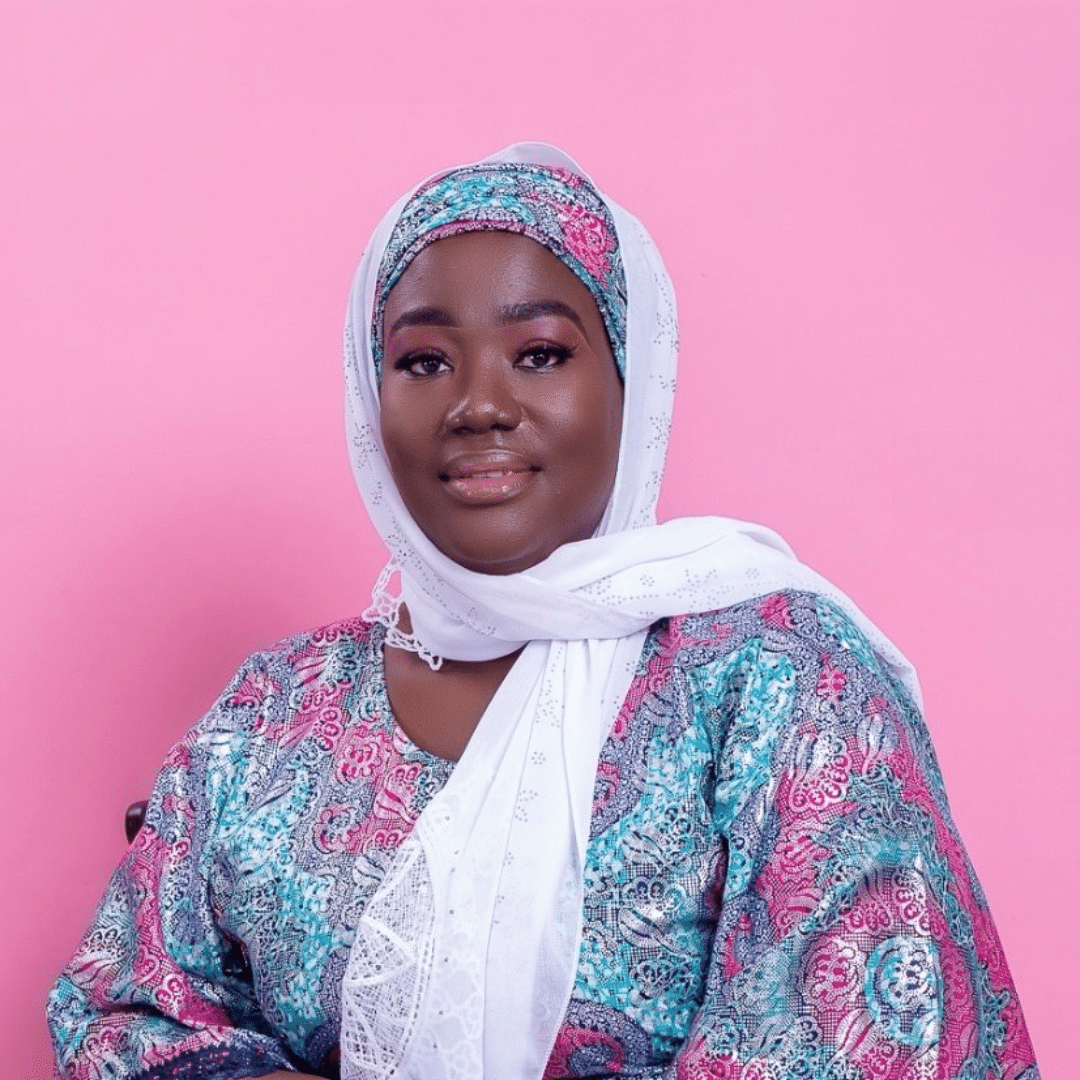Growing up in a small village in Ghana, where educational opportunities for girls were scarce and teen pregnancies frequent, Ms. Rukaya Mumuni experienced firsthand the disparities that plague marginalized communities, lack of economic opportunities, inadequate healthcare services, and social stigmatization.
While accompanying her mother and young sister to a routine checkup at their local clinic, Ms. Mumuni encountered a nurse who inspired her to pursue a career in health. “My dreams of ever becoming a nurse looked far-fetched then, but meeting a nurse from my village made me realize that I too can do something for myself and others,” she says.
As the first girl in her family and one of the few women in her village to receive a graduate degree, Ms Mumuni inspired others to pursue a career, including her own sister who also studied to become a nurse.
Since embarking on her nursing journey in 2006, Rukaya has delivered care while representing the voices of women and girls in her community. In her role, she has advocated for improved treatment and service delivery for pregnant women and children within her hospital.
Her work has extended beyond the confines of maternal health, bringing sexual and reproductive health (SRH) interventions to the forefront of her work. By institutionalizing screening initiatives for cervical cancer and breast cancer among hospital staff and community members, she has addressed one of the leading causes of death among women of reproductive age. Ms. Mumuni is also an advocate for expanding access to family planning services, Sexual Reproductive Health and Rights (SRHR) education, and cervical cancer prevention across her district.
She has been a leading voice for the routine human papillomavirus (HPV) vaccination for all adolescents in Ghana. Currently, the vaccine is only available for those who can pay, as it has not yet been included in Ghana’s routine immunization program due to a lack of political will and concerns about low acceptance rates. While the fight is not yet over, HPV vaccination is now on the agenda of policymakers in her country, and Ms. Mumuni is leading the efforts to raise awareness about the importance of the vaccine in her region.
In recognition of her achievements, she has been awarded Best Nurse in the Ga West Municipal District, where she works and was named an Immunization Advocacy Champion by Nursing Now and Sabin Vaccine Institute, for her work on routine vaccination and HPV vaccination and prevention.
She is currently working as a Public Health Officer in Ghana, leading health services for women and girls in the Amasaman sub-district. Her work includes family planning, immunization, growth monitoring, and nutrition assessment. She has also become an advocate for her peers, calling for fair pay and safe and decent working conditions, which includes access to timely vaccination for health professionals.
Ms. Mumuni believes that investing in nurses benefits both individuals and communities. “Many of my peers are leaving Ghana for better paying jobs elsewhere. Adequate compensation and safe working conditions are essential in retaining skilled nurses and fostering a sustainable workforce that can deliver health services across the country,” she says.
Ms Mumuni sums up her journey “It’s about perseverance, it’s about working hard in life and it’s about knowing what you want to do to contribute to society when you become that someone you want to be.”

